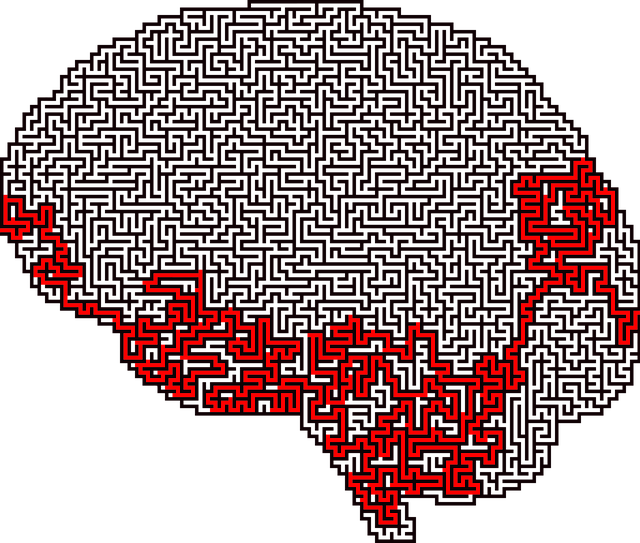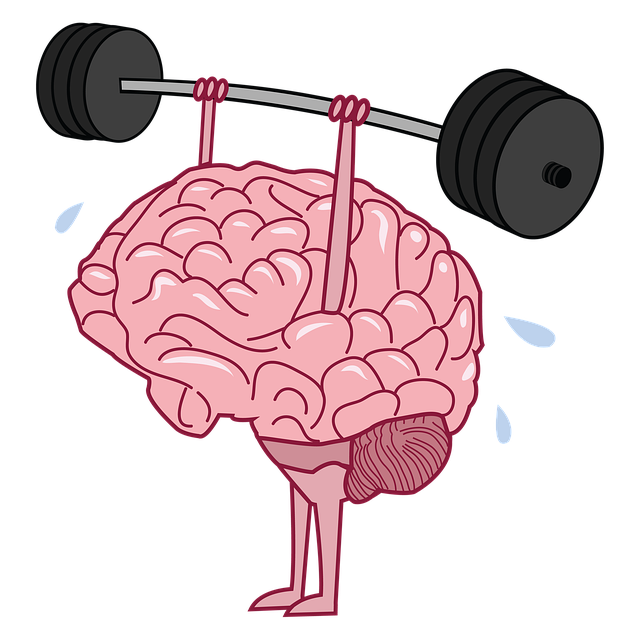Lafayette Chronic Pain Therapy prioritizes comprehensive risk assessment, addressing both patient and provider safety. Their approach considers individual patient factors for tailored interventions, while also implementing burnout prevention strategies and training to support healthcare providers' well-being. This proactive management involves structured protocols for crisis intervention, evidence-based practices like mindfulness, and regular reviews based on emerging research. Through these strategies, Lafayette Chronic Pain Therapy ensures optimal patient care, reduces provider vulnerabilities, and maintains a secure environment for effective chronic pain therapy.
Mental health professionals face unique challenges, with risk management being an essential aspect of providing safe and effective care. This article explores a structured approach to risk planning at Lafayette Chronic Pain Therapy, focusing on identifying potential hazards within mental health practice. We’ll delve into developing robust strategies, from understanding specific risks like patient self-harm to implementing protective measures. Continuous monitoring and improvement are key; learn how regular evaluations ensure the well-being of both patients and practitioners at Lafayette Chronic Pain Therapy.
- Understanding Risk in Mental Health Practice at Lafayette Chronic Pain Therapy
- Identifying Potential Hazards and Vulnerabilities
- Developing a Comprehensive Risk Management Plan
- Implementing Strategies for Safe and Effective Care
- Continuous Monitoring, Evaluation, and Improvement
Understanding Risk in Mental Health Practice at Lafayette Chronic Pain Therapy

At Lafayette Chronic Pain Therapy, understanding risk is a foundational aspect of mental health practice. This involves recognizing and assessing various factors that could potentially impact patient outcomes, such as treatment efficacy, adverse events, or relapse. Mental health professionals in this setting must be adept at identifying risks related to individual patient characteristics, their unique conditions, and the broader social and cultural context. For instance, patients enrolled in Lafayette Chronic Pain Therapy might face challenges stemming from pre-existing mental health conditions, socioeconomic factors, or past traumatic experiences—all of which require tailored interventions and support.
The environment of mental health care can also pose risks, particularly with regard to healthcare provider well-being. Burnout prevention strategies are essential, as professionals navigating complex patient cases may struggle with stress and emotional exhaustion. Incorporating Mind Over Matter Principles and Social Skills Training can help mitigate these risks by fostering resilience, enhancing communication, and promoting a supportive work environment. By addressing these aspects proactively, Lafayette Chronic Pain Therapy ensures not only optimal patient care but also the long-term sustainability of its healthcare providers’ practice.
Identifying Potential Hazards and Vulnerabilities

Mental health professionals, much like their counterparts in Lafayette Chronic Pain Therapy, are not immune to a range of potential hazards and vulnerabilities that can impact their well-being. These include high caseloads, emotionally taxing work, and exposure to traumatic stories or experiences. Identifying these risks is the first step towards effective risk management planning. By understanding specific threats such as burnout, secondary trauma, or professional isolation, therapists can proactively implement stress reduction methods tailored to their practice.
Cultural competency training for healthcare providers plays a significant role in this process. It equips professionals with the skills to navigate diverse patient backgrounds and cultural contexts, reducing potential misunderstandings or miscommunications that could lead to increased stress or conflict. Additionally, regular training on stress management techniques, integrated with ongoing professional development, can fortify resilience among mental health practitioners.
Developing a Comprehensive Risk Management Plan

Developing a comprehensive risk management plan is essential for mental health professionals to mitigate potential hazards and ensure the safety of both clients and practitioners, especially in specialized areas like Lafayette Chronic Pain Therapy. This strategy involves identifying risks specific to the field, such as complex patient cases, intense emotions, and rare but critical incidents. By implementing a structured plan, therapists can proactively navigate challenges and minimize vulnerabilities.
The process should include establishing clear protocols for crisis intervention guidance, incorporating evidence-based practices like social skills training and mindfulness meditation to enhance coping mechanisms, and regularly reviewing and updating the plan based on emerging research and best practices. Effective risk management equips professionals with the tools to handle diverse scenarios, fostering a supportive environment where clients can receive quality care while feeling secure.
Implementing Strategies for Safe and Effective Care

Implementing strategies for safe and effective care is paramount in mental health practices, especially those specializing in chronic pain management, such as Lafayette Chronic Pain Therapy. Risk Management Planning for Mental Health Professionals involves a multifaceted approach to ensure patient safety and well-being. This includes establishing clear protocols for risk assessment, crisis intervention, and continuous monitoring of patient progress.
Compassion Cultivation Practices play a pivotal role in mitigating risks, fostering an environment of trust and understanding. Mental Health Awareness is heightened through regular staff training on recognizing early signs of distress or potential harm among patients. By integrating these strategies, mental health professionals can proactively navigate challenges, providing effective care tailored to individual needs while minimizing risks.
Continuous Monitoring, Evaluation, and Improvement

Mental health professionals face unique challenges that demand a dynamic approach to risk management. Continuous monitoring is paramount, involving regular assessment and evaluation of patient progress, alongside identifying potential risks or triggers. This proactive strategy ensures that any emerging issues are promptly addressed, allowing for timely interventions. By integrating these processes into routine practice, professionals at Lafayette Chronic Pain Therapy can enhance patient outcomes and safety.
Evaluation should go beyond clinical symptoms, encompassing the emotional healing processes and compassion cultivation practices employed in therapy sessions. Effective communication strategies play a vital role here, fostering an environment where patients feel heard, understood, and supported. This holistic evaluation enables therapists to make informed decisions, adapt treatment plans, and ultimately contribute to the overall well-being of their clients.
Mental health professionals at Lafayette Chronic Pain Therapy must constantly navigate complex risks to provide safe and effective care. By understanding risk dynamics, identifying potential hazards, and implementing a comprehensive risk management plan, therapists can create a secure environment for both patients and themselves. Continuous monitoring, evaluation, and improvement are essential to adapt strategies as needed, ensuring the highest quality of care at Lafayette Chronic Pain Therapy.














